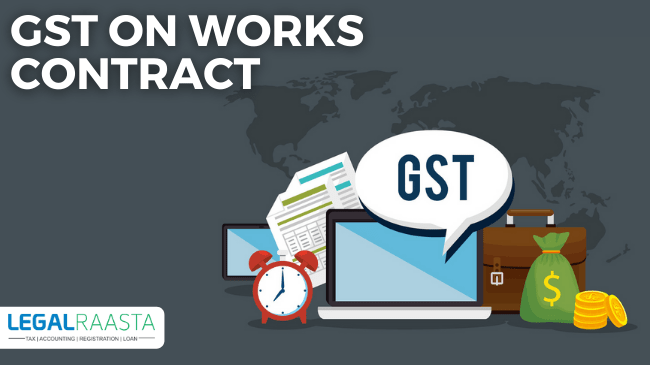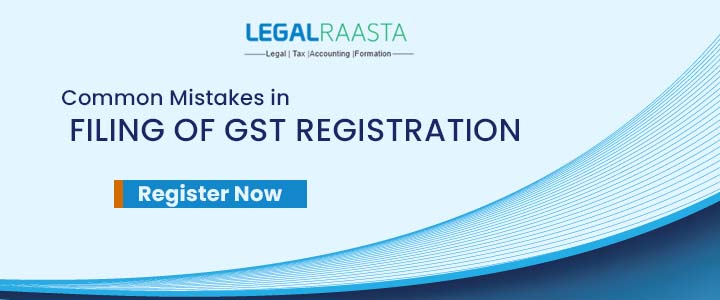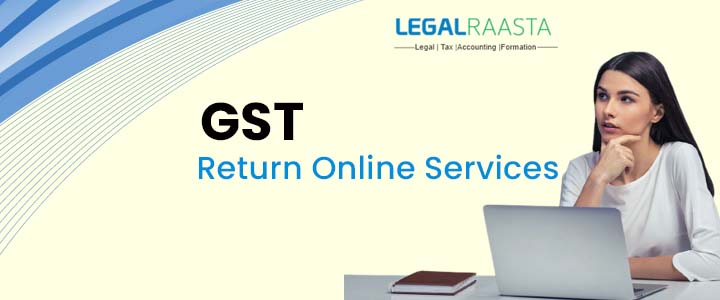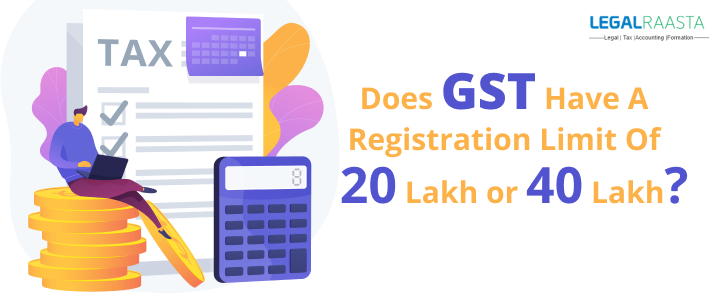Impact of GST on works contract
A works contract is primarily a service contract with the possibility of item supply as part of the contract’s execution. A works contract, by definition, is a formal agreement to do work or other obligations in exchange for money, such as construction, installation, modification, repairs, maintenance, or renovation of any immovable property.
A subcontract for building work done by a subcontractor, for example, would be a works contract for immovable property. Painting or annual maintenance contracts, for example, would fall under the broad definition of a works contract.
Pre-GST Construction Contract
Prior to the introduction of the GST, service and goods portions transferred through Works Contracts were subject to Service Tax and Value Added Tax (VAT) laws. Prior to the passage of the service tax law in 1994, the VAT tax was only applied to the sale of goods. An individual had to pay both service tax and VAT on a works contracts.
In a works contract, there are three sorts of taxable activities, according to the legislation. Manufacturing becomes a taxable event whenever a new product is developed during the works contract. Building construction, plant and machinery maintenance and repair, and installation, repairs, and maintenance contracts are all covered under work contracts.
Despite the fact that a works contract is a single document, the many activities covered by it may be taxed differently depending on the type of job. As a result, there is a lot of ambiguity in terms of treatment and taxability, which leads to a lot of legal disputes over labor contracts. The implementation of the GST, on the other hand, has brought clarity to the situation, putting an end to the legislative ambiguity.
Works Contract under GST
Unlike the VAT and Service Tax laws, which assess work contracts for movable properties, the GST regulations define “work contract” as any “immovable property” task.
Section 2 subsection (119) of the Central Products and Services Tax (CGST) states: A works contract entails transferring property in goods or other forms as part of the contract’s performance.
The works contract has been limited to contracts for construction, production, and other features of any immovable property in terms of GST. Fabrication or paintwork at an automobile body shop is not included in the works contract category, according to the GST law.
As a result, these contracts will be classified as integrated supply contracts for goods/commodities rather than works contracts.
Where the works contract has been detailed, such as the construction of a building, civil structure, complex, or a component, Schedule II explains how “Supply of Service” will be handled. It could also include details on a complex or structure that is for sale to a buyer, in whole or in part, along with proof of completion or a completion certificate. There is no works contracts GST rate in this scenario since the supply has turned into immovable property, and GST cannot be levied on the sale of immovable property.
The former regime offered a 60 percent discount on new construction and a 30 percent discount on repairs. However, because the service tax rate is 15% and the GST rate for works contracts is 18%, there will be an additional tax burden. This is the impact of GST on work contracts.
Input Tax Credit for Works Contracts (ITC)
In comparison to the former indirect tax regime, the mechanism for claiming Input Tax Credit in GST is far more extensive. Eliminating the cascade impact by permitting the seamless flow of credit is one of the most significant benefits expected from the GST Act’s implementation. No input tax credit will be granted for works contract services provided for the building of immovable property unless it is an input service for the following delivery of works contract, according to Section 17(5)(c) of the CGST Act, 2017.
Allowing the purchasing dealer to collect ITC for GST paid by the providing dealer ensures a continual flow of tax credits under GST. An Integrated Products and Services Tax (IGST), Central Goods and Services Tax (CGST), or State Goods and Services Tax (SGST) credit is a tax credit applied to any supply of goods or services. A registered taxpayer is allowed to claim ITC that has been credited to the e-credit ledger, subject to the conditions listed, and there are no limitations on how much ITC they can claim.
When given to construct an immovable asset, the beneficiary of works contract services cannot claim Input Tax Credit unless it is an input service for the later delivery of the works contracts. ABC Contractors, for example, is building an immovable property. Because of the nature of the property, they are unable to claim an ITC on the works contract. PQR Contractors, on the other hand, are hired by ABC for a portion of the work contract. ABC might claim ITC on the GST charged by PQR Contractors in this scenario.
Keeping Records for Works Contract
According to the CGST Act of 2017, anybody who is registered to execute a works contract must keep track of the following information:
- Information of the contractor or the individuals on whose behalf the works contract is executed
- Payment for a job contract has been received.
- Goods or services obtained or used in the performance of the works contract, including their description, value, and volume;
- Suppliers’ names and addresses from whom he purchased goods or services.
- Maintaining these records can aid in the resolution of any future disputes over the works contract. It can help with legal requirements and retain a proper record of the completed job.
No Abatement for Works Contract
For works contract services, no GST abatement has been requested. The former regime offered a 60 percent discount on new construction contracts and a 30 percent discount on repair work. Given the 15 percent service tax rate and the 18 percent GST rate on works contracts, an additional tax burden will unavoidably be imposed in the GST era.
Important features of a work contract:
- Works contracts are exempt from the composition scheme.
- There is no RCM under GST for Works Contracts.
- No notification of the TDS application has been issued.
- Under the current model law, there is no abatement or exemption for works contracts.
Place of Supply of Works Contract
In a GST works contract, the place of supply would almost always be immovable property. As a result, Section 12(3) of the IGST Act, 2017 determines the place of supply when both the provider and the receiver are in India. The point of supply will also act as the location of the immovable property. The supply place would be the recipient’s location, which is India if the immovable property is located outside of India but both the supplier and the receiver are located in India. The place of supply shall be the location of the immovable property if either the Supplier or the Receiver is located outside of India.
Time of supply of works contract
Sections 13 and 31 of the CGST Act are used to calculate the Time of Supply for services. The earliest of the following determines the time of service supply, according to Section 13:
- The provider issues the invoice within the time limit stated in Section 31 or on the date of payment receipt, whichever comes first.
- Service provision: If the invoice is not issued within the time frame set out in section 31 or by the date of payment receipt, whichever is earlier.
Conclusion
A works contract is considered a provision of services under GST. Under the previous government, there were issues with the tax treatment of construction contracts. With the adoption of GST, however, this altered. The GST intends to put an end to the argument by defining what constitutes a works contract, indicating that a works contract includes a service provision, and establishing a unified rate of tax on the same value across India. The taxes of works contracts will be simpler and easier to administer as a result of GST.
Related Posts:
How to be a Certified GST Practitioner?
Crucial Points to be Remember from The 43rd GST Council Meeting
Everything to know about GST Amnesty Scheme Update










